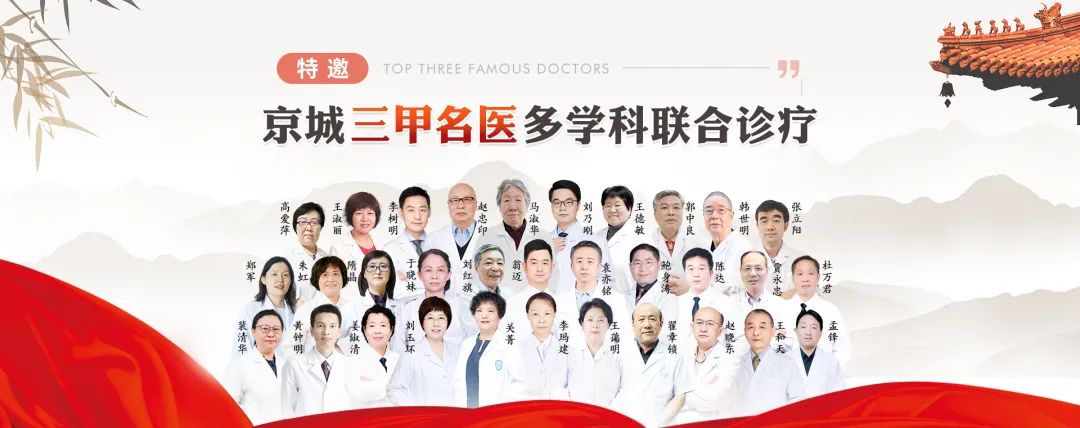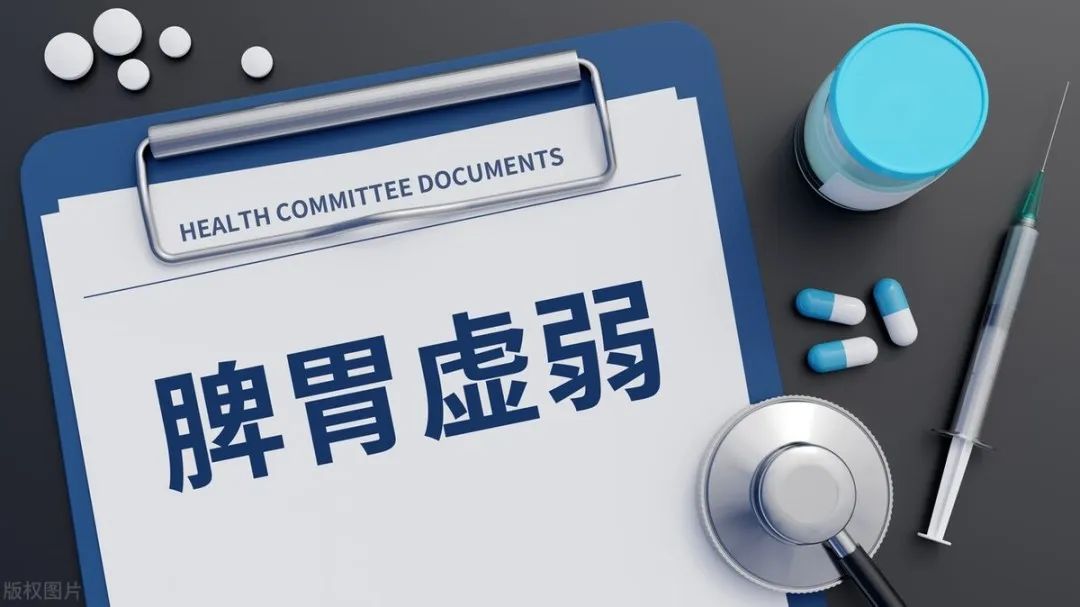
What is Spleen Nourishment?
What is Spleen Strengthening?
In simple terms: adding substances to the spleen is called 补脾 (bǔ pǐ) (spleen nourishment).
Improving the working environment of the spleen is called 健脾 (jiàn pǐ) (spleen strengthening).

What are the Types of Spleen Deficiency?01Spleen Cold Syndrome
We can understand this as: the soil is too cold, and nothing grows.
People with spleen cold will exhibit the following symptoms:
1. Those with spleen cold experience diarrhea after consuming cold foods; whatever they eat is expelled. Why does this happen? Because the spleen is already cold and cannot tolerate cold foods, which cause the spleen to malfunction, leading to undigested food being expelled from the intestines.
2. Individuals with spleen cold often have a cold abdomen. In TCM, the spleen governs the lower abdomen, and if it is cold, the abdomen will feel cold to the touch.
3. People with spleen cold frequently experience abdominal pain. In TCM, cold causes stagnation, and stagnation leads to pain. Therefore, those with spleen cold are prone to abdominal pain, which often resolves after a bowel movement as the cold is expelled.
4. Spleen cold individuals may experience early morning diarrhea. Some men may have diarrhea after sexual activity, indicating cold dampness in the spleen and kidneys.
Why does this occur? In the morning, the body’s yang energy rises from the feet, but if the spleen is filled with cold, there is no yang energy to rise. As a result, the turbid substances in the intestines descend, leading to diarrhea.
02Spleen Dampness Syndrome
This can be understood as: too much water in the soil, drowning the crops.
The spleen prefers dryness and dislikes dampness; it thrives in a dry environment and struggles in a damp one. If the spleen is unable to transform dampness, it leads to excessive moisture in the body. When the spleen is overwhelmed by dampness, it ceases to function properly, resulting in spleen deficiency.
Individuals with spleen dampness exhibit the following symptoms:
1. Those with spleen dampness often feel a lack of taste in their mouths and do not desire to drink water.
This is because the spleen is already filled with dampness, and the body does not require more water, leading to a natural aversion to drinking.
2. Spleen dampness individuals are prone to swelling and edema. Since the spleen governs the transformation of water, if it is overwhelmed by dampness, it cannot process the fluids, leading to edema.
3. Those with significant spleen dampness may experience abdominal distension. This occurs because the spleen’s function is obstructed by dampness, causing qi to stagnate and leading to bloating.
4. Spleen dampness individuals may also experience dizziness. The spleen governs the upward movement of clear qi to the head, and if dampness obstructs this process, it can lead to dizziness.
5. Individuals with spleen dampness may have a swollen tongue with indentations. This occurs because the tongue, being a muscle, swells when exposed to moisture, leading to indentations from the teeth.
03Spleen Qi Deficiency
This can be understood as: the soil is too barren, leading to poor crop yield. Fertile soil is necessary for a good harvest. The same principle applies to nourishing the spleen and stomach.
Individuals with spleen qi deficiency may not exhibit obvious discomfort. When the soil is barren, it requires fertilization; similarly, the body needs nourishment. However, the nutrients consumed must be processed by the spleen and stomach to be transformed into qi and blood. Nowadays, people do not lack nutrition but rather the ability to convert nutrients into qi and blood.
04Liver Qi Stagnation with Spleen Deficiency
This can be understood as: a tree next to the soil is too tall, blocking sunlight and hindering crop growth.
The body is a whole, and the organs influence each other. When addressing spleen deficiency, one should not only focus on the spleen but also consider the liver’s influence. Liver qi stagnation can lead to spleen deficiency; thus, those with liver qi stagnation and spleen deficiency need to harmonize both.
05Qi Deficiency and Descent
This can be understood as: the land sinks, leading to subsidence.
In the body, qi has both ascending and descending functions. When these functions are normal, the body operates normally. If qi descends, it is akin to land sinking, which will certainly affect crop growth.
Individuals with qi deficiency and descent typically exhibit the following symptoms:
1. Various organs may sag. This occurs because the spleen qi should rise, and the lifting function of the spleen qi maintains the position of the organs. When the middle qi descends, the spleen qi lacks the strength to lift, causing the organs to sag under gravity.
2. General fatigue and lack of energy. This is due to insufficient middle qi; the spleen and stomach are the energy centers, and when they lack energy, the entire body feels weak. To address qi deficiency and descent, one should tonify the middle qi and elevate the qi.

In summary, there are five common types of spleen deficiency:
1. For cold in the spleen, one should disperse cold and warm the spleen using 附子理中丸 (fù zǐ lǐ zhōng wán) (Fuzi Lizhong Pill).
2. For dampness in the spleen, one should eliminate dampness and strengthen the spleen using 苓桂术甘汤 (líng guì zhú gān tāng) (Linggui Zhugan Decoction).
3. For insufficient spleen essence, one should tonify the spleen using 小建中汤 (xiǎo jiàn zhōng tāng) (Xiao Jianzhong Decoction).
4. For liver qi stagnation with spleen deficiency, one should soothe the liver and strengthen the spleen using 逍遥丸 (xiāo yáo wán) (Xiaoyao Pill).
5. For qi deficiency and descent, one should tonify the middle and benefit qi using 补中益气丸 (bǔ zhōng yì qì wán) (Buzhong Yiqi Pill).


